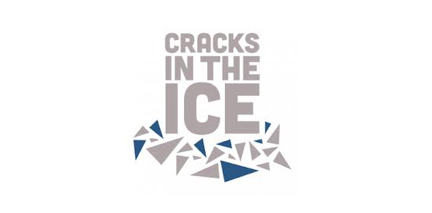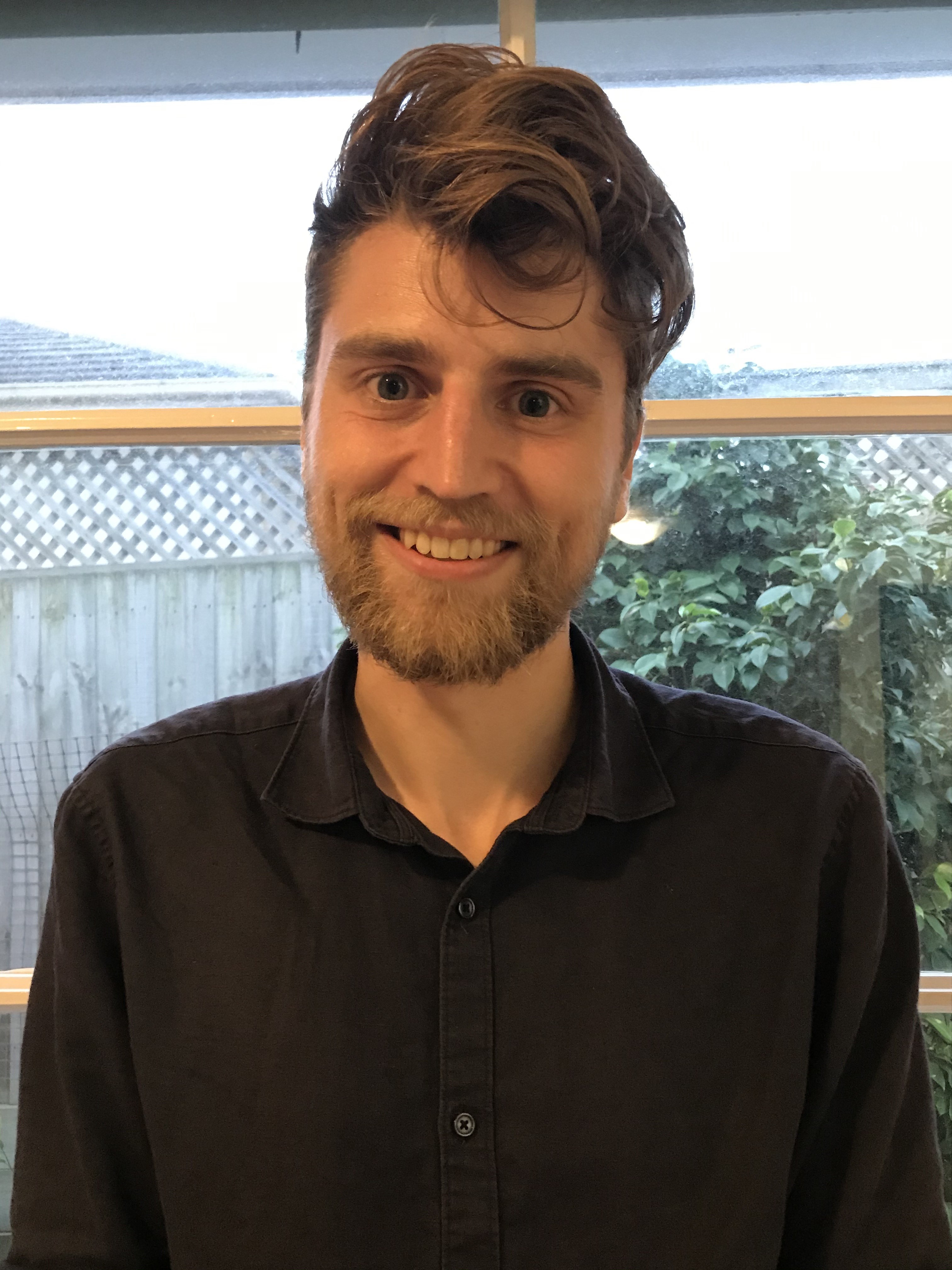Adam completed a Bachelor of Arts (Hons.), initially studying Journalism before shifting to psychology, where he completed a Doctorate in Clinical Psychology at Monash University in 2018. His research focused on links between cognitive functioning and treatment outcomes in methamphetamine-dependent individuals. His thesis identified some elements of cognitive function (i.e., attentional function, delay discounting and impulsive action) that are predictive of treatment outcomes, where poorer function was associated with poorer outcomes. Since graduating, he’s worked at Turning Point in Melbourne, completing my clinical psychology registrar program and working across telehealth and face-to-face programs, supporting people with substance use/gambling concerns and mental health needs. In this role he’s also been involved in evaluating one of our treatment programs and contributed to the most recent edition of the Methamphetamine Treatment Guidelines.





